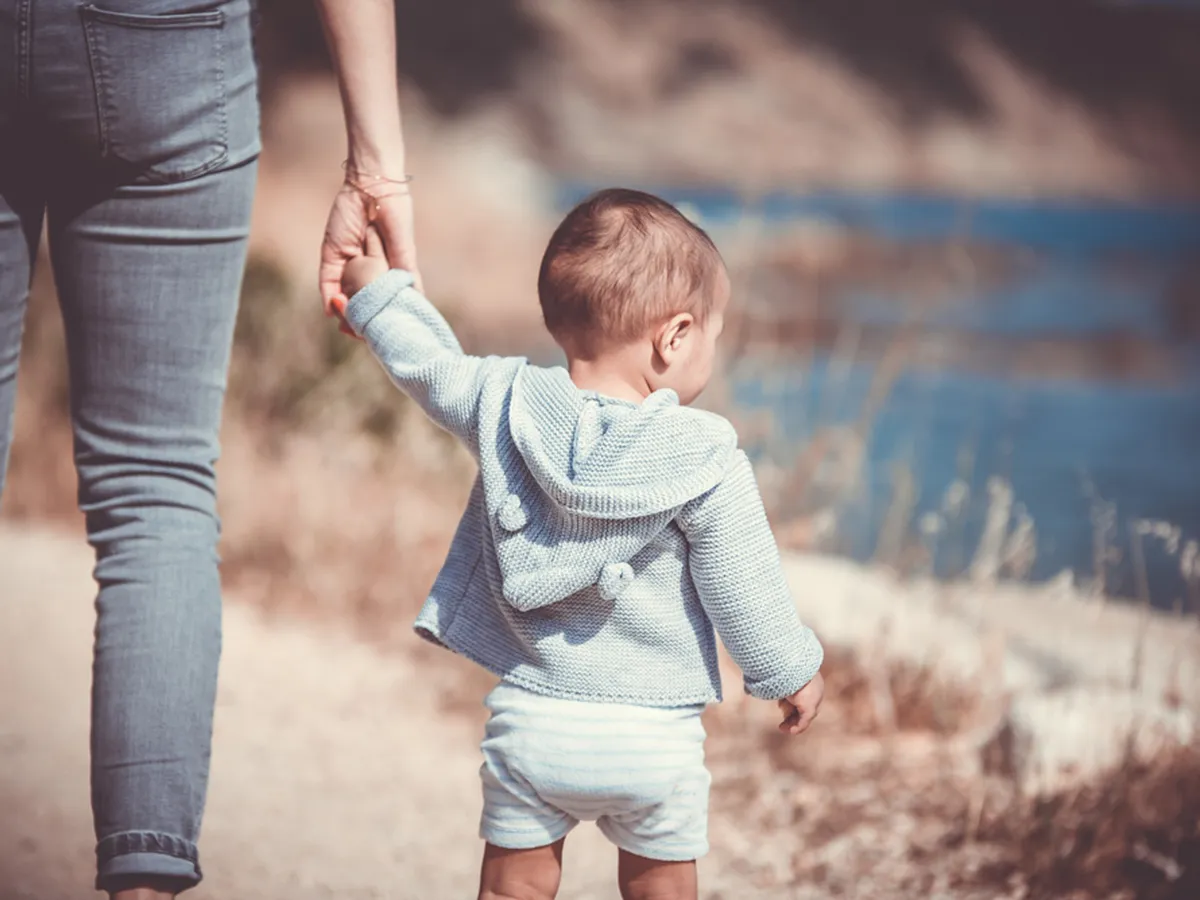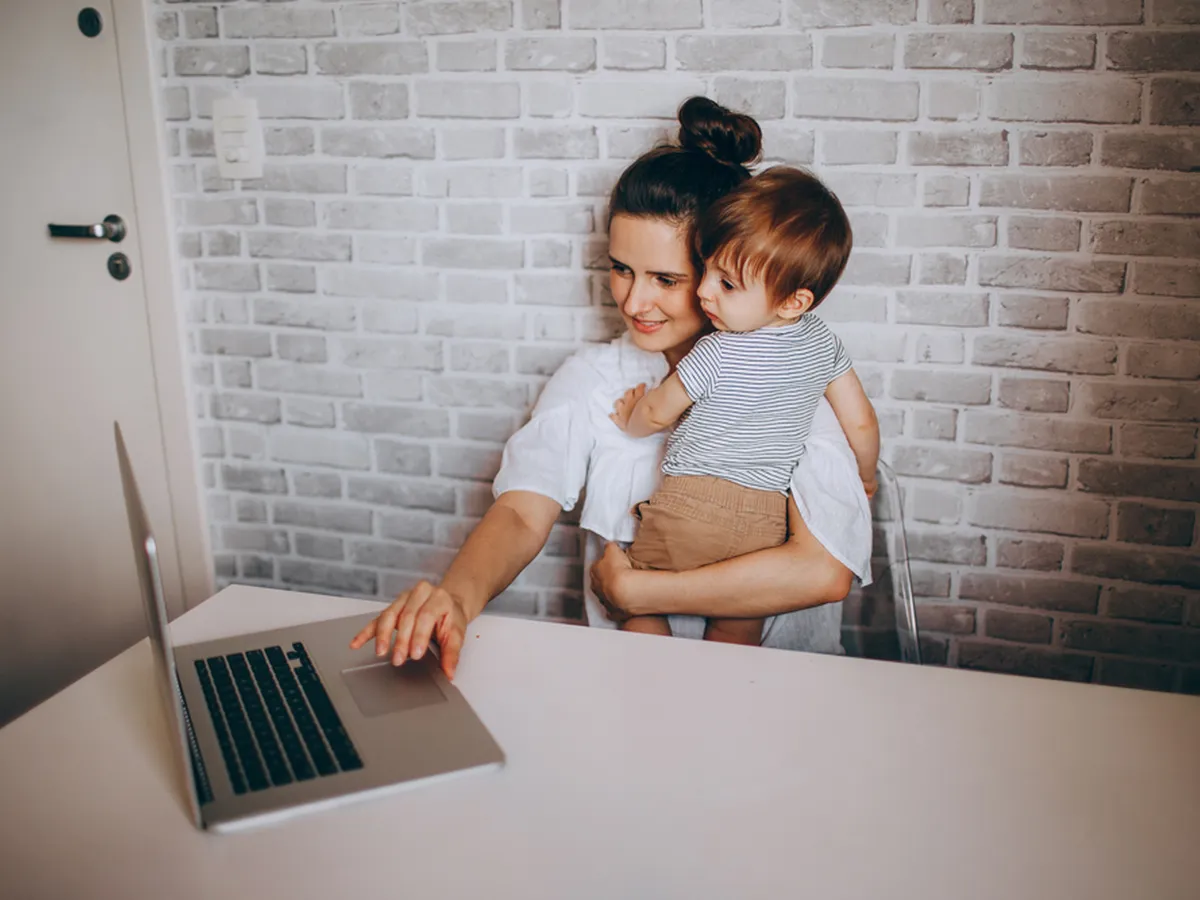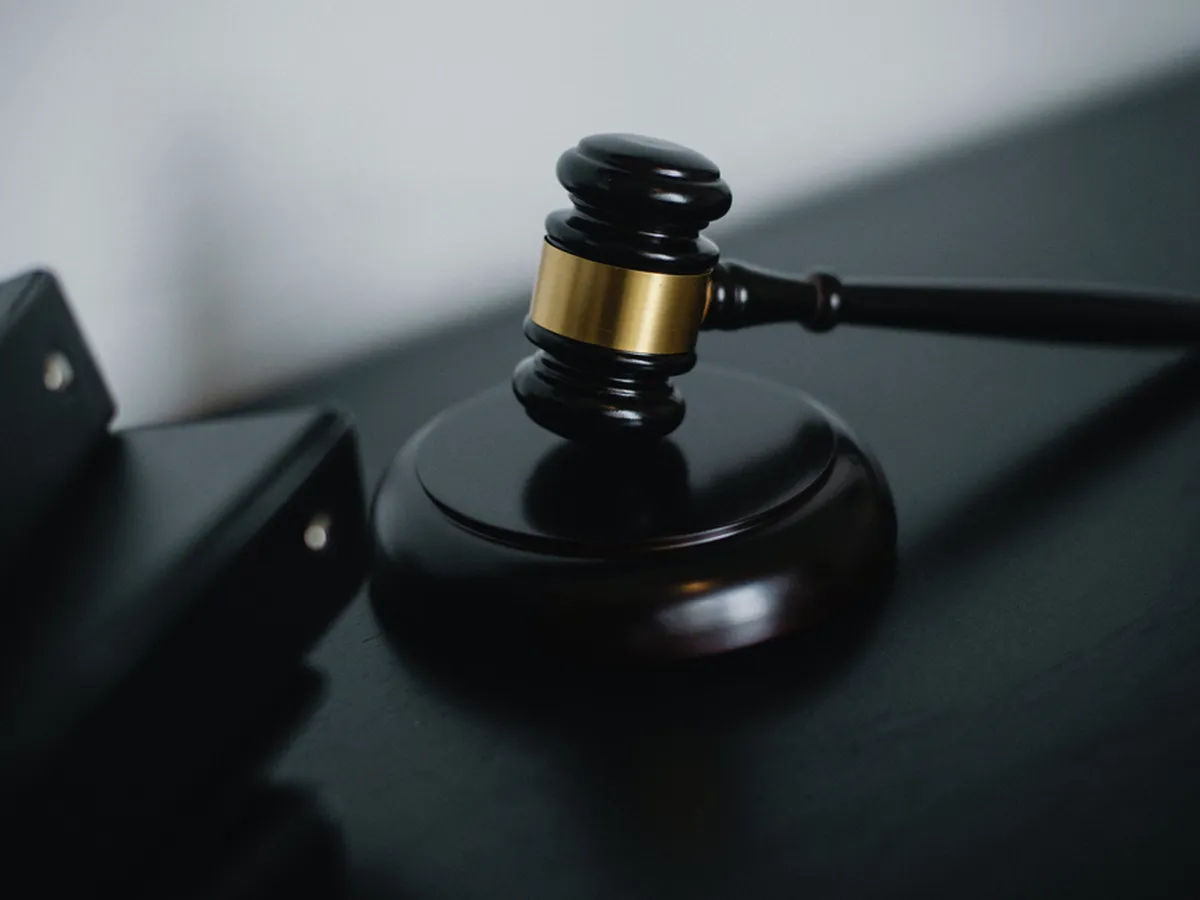What happens at a DNA test appointment?
It can be an anxious time for the people involved in a DNA test. But our friendly sample collectors will set your mind at ease.

How do I arrange a DNA test appointment?
The easiest way to do this is by calling 0800 988 7107 and speaking to one of our team of Clinical Advisors. They can provide advice on the nearest collection service to you, and at the same time answer any technical questions you have about DNA testing.
In addition, they will provide all the details you need for your appointment. Your appointment letter will be sent via secure email.
What happens at the DNA test appointment?
First, you will be pleased to know that we use painless mouth swabs to collect your cheek cells to obtain enough DNA for the laboratory analysis. As a result, we ask that each test participant refrains from smoking, eating, or drinking at least 1 hour before having their mouth swab taken. This will reduce the chance of anything contaminating the mouth swab.
Whether in a clinic or at your location, the collection officer will guide you through the paperwork and then obtain two mouth swab samples for each person. We take two samples. as the second swab is used as a 'B' sample in case the first swab fails.
Also, if you are having a legal DNA test, we will collect the Identification documents you have been asked to bring with you. In addition, the sample collection officer will certify each passport sized photograph as a true likeness of the person we are collecting the samples from.
Important details at the DNA test appointment
There are a few key things that you must be aware of:
- You must provide written consent for yourself and anyone under 16 years of age to participate in the DNA test.
- You must have parental responsibility if you are signing consent for anyone under 16 years of age.
- Third party consent must be in place for anyone who requires copies of results or to correspond with us other than a test participant. For example, a solicitor or social services.
- For legal DNA tests, if you do not have the requested identification, the DNA test appointment cannot proceed.
Head Office
Crystal Health Group
The Old Chapel
Manchester
M30 0NG



